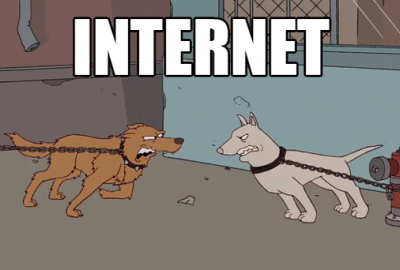A bill has finally been presented in Ottawa that will provide for a tougher crack-down on cyber bullies, specifically related to the distribution of intimate images without the victim’s consent. This comes just over a year after the death of local teen, Amanda Todd, who commit suicide after pictures of her were distributed online. The legislation, titled the Protecting Canadians from Online Crime Act, proposes to make the sharing and distribution of intimate images illegal, chargeable with up to 5 years in jail. The bill will also allow judges to charge convicts with the costs of removing these images from the internet, and give them the ability to sign warrants that will allow police to seize electronic devices for investigation. While the bill still needs to be passed, it marks a huge step in the crack-down on cyber bullying.
However, not all agree with the proposed bill. Many argue that the bill, depicted as a way to help teens like Amanda Todd, is simply an attack on Canadian’s civil liberties by including in the bill all “theft of telecommunications”, including stealing cable & Wi-Fi. These individuals also argue that the legislation is too broad, and does not provide a clear enough definition of when it is or isn’t a crime – pointing to examples such as images from parties, posted to social media with no malicious intent. In other words, many believe the bill is being proposed as one thing, but in reality is another.
In my opinion, I think any step towards better handling of cyber bullying is a step in the right direction. The other things included in the bill? Well, they were already illegal (such as stealing cable, or hacking into someone’s computer), now they will just be easier to catch, and I think that’s what has people so worked up. We have come to expect that we can get away with these things – we see them as our rights, when they never truly have been. BUT, back on track! Cyber bullying. It’s a horrible thing that hurts so many individuals (not just teens), and is so much harder to catch than traditional bullying; so, I believe Bill C-13 is a fantastic step in the right direction. It’s a step that allows for authorities to expose those who have hidden behind the veil of a computer, and provide punishments that will (in some small way) help those who have been hurt by the actions of the individual.
Sources
- http://www.edmontonjournal.com/news/Simons+cyber+bullying+bill+threaten+civil+liberties/9192160/story.html
- http://london.ctvnews.ca/legislation-will-crack-down-on-cyber-crime-1.1552632
- http://www.news1130.com/2013/11/20/mother-of-amanda-todd-welcomes-anti-cyber-bullying-bill/
